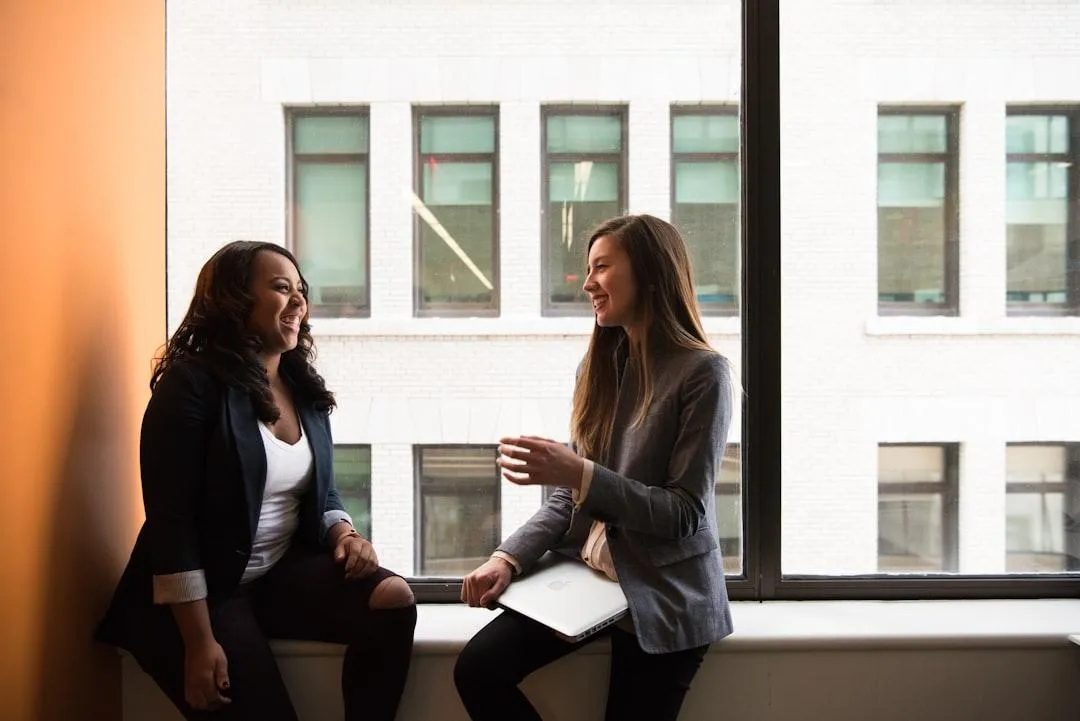
From Critique to Catalyst: Harnessing the True Value of Feedback
"Feedback is the breakfast of champions."
– Ken Blanchard
Feedback is a gift. It’s a mirror held up by others that allows us to see what we might miss on our own. Whether in business, relationships, or personal development, feedback provides insights that help us refine, grow, and ultimately thrive. Yet, its true value is often overlooked, underestimated, or even resisted. To embrace feedback fully is to unlock a pathway to transformation.
At its core, feedback is information. It tells us how our actions, words, and behaviours are perceived by others. While our intentions may be pure, feedback helps us understand the impact we create—a critical distinction. It’s the bridge between what we aim to achieve and how others experience us. For leaders, entrepreneurs, and those striving for personal excellence, this knowledge is invaluable.
One of the most significant aspects of feedback is its role in fostering self-awareness. No matter how skilled or intuitive we are, blind spots exist. We cannot see ourselves fully. This is where feedback shines: it highlights areas for improvement, celebrates strengths we may not acknowledge, and challenges assumptions we hold about ourselves. For women in business, who often navigate complex dynamics, constructive feedback can be the key to breaking through barriers and stepping into greater influence.
Feedback also accelerates growth. In a business context, companies that actively seek and act on customer feedback outperform those that don’t. The same principle applies on an individual level. When we create a culture that welcomes feedback—whether in our teams, our businesses, or even our friendships—we enable continuous learning. We move beyond static goals and instead adopt an attitude of evolution.
However, the true value of feedback lies not only in receiving it but in how we respond. This is where many falter. Feedback can feel uncomfortable, especially when it touches on areas we perceive as weaknesses. The temptation to become defensive or dismissive is strong, but resisting feedback is like refusing to look in a mirror before stepping on stage. By embracing even the toughest critiques, we can transform potential setbacks into stepping stones.
Giving feedback is just as important as receiving it. It’s an art that requires empathy, clarity, and intention. Feedback is most effective when it comes from a place of care and collaboration. As women, we have a unique opportunity to model a different approach to feedback—one that uplifts and builds, even while addressing challenges.
Yet, feedback isn’t only about improvement. It’s also about validation. Recognising the positive impact of someone’s work, attitude, or contribution is equally powerful. For many, hearing what they are doing right can be as transformative as hearing what they need to change.
The value of feedback, then, lies in its dual ability to challenge and uplift. It connects us to others, deepens our understanding of ourselves, and propels us towards our highest potential. Whether it comes in the form of a kind word or a candid critique, feedback is the currency of growth. If we choose to see it as the gift it truly is, there’s no limit to what we can achieve.
In every exchange of feedback, remember this: the willingness to give, receive, and act on it is not just a skill—it’s an attitude. And it’s one that can transform lives, businesses, and communities.